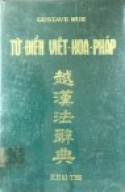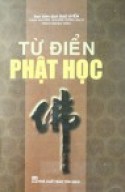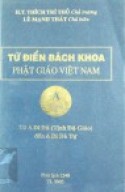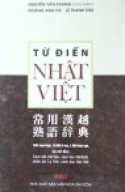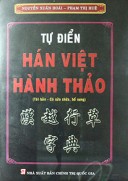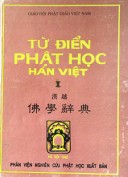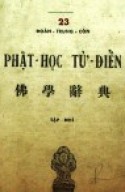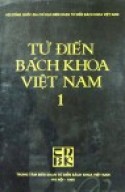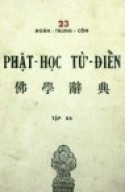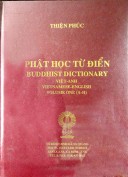Macmillan English Dictionary
For advaned learners of American English
INTRODUCTION
MICHAEL RUNDELL
Editor-in-Chief
AT THE BEGINNING OF 2001, there was a lot of discussion of Stanley Kubrick’s famous movie: How close had we come to the world portrayed in 2001: A Space Odyssey? In particular, would computers soon be able to understand human language and hold conversations with us? Though we have not reached that point yet, advances in language technology have been rapid and impressive, and this has transformed the process of creating dictionaries.
There has never been a more exciting time to produce a new dictionary. Everything is changing, and expanding: the English language itself, the technology that helps us to describe it, and the needs and goals of people learning and teaching English.
The 1980s saw the development of the first large corpora of English text. Twenty years on, the use of the corpus as the primary data source for dictionaries has become standard practice, and the quality, range, and sheer volume of available corpus resources has increased dramatically. This means we are in a better position than ever before to provide a description of English that reliably corresponds to the way that people speak and write the language.
Along with all these benefits come fresh challenges. While the amount of data at our disposal continues to grow, the physical size of printed dictionaries remains more or less constant. So it is more important than ever that dictionary-makers have a clear idea of what dictionary-users really need. And the advantage of creating a completely new dictionary is that it gives us the opportunity to ask fundamental questions (why do learners consult dictionaries, and what can we do to meet their needs more effectively?) and to adapt our methods to changing circumstances.
What, then, are the requirements of a good learners’ dictionary? Briefly, it should include the right information, the information should be easy to find and—once found—it should be easy to understand and easy to use. Ensuring that we cover the “right” information calls, first, for careful analysis of all the available linguistic data. A large and diverse corpus is an essential basis for this operation, but it is only the starting point. Intelligent data-extraction software enables us to get maximum value from the corpus, and our editorial team has benefited from a collaboration with the University of Brighton’s Information Technology Research Institute. The resulting “Word Sketches.” which provide a rich account or the collocational and syntactic behavior of the core vocabulary of English, have enabled us to describe these features in greater depth than ever before.
The next challenge is to make the most appropriate selection from all this data. We have been guided here by research into dictionary-users’ needs and skills, taking account especially of the differences between the receptive and productive needs of advanced learners.
One of the major innovations of the Macmillan English Dictionary is to make a clear distinction between the core vocabulary of English- which many users will need to “encode” as well as “decode”—and the tens of thousands of less frequent words that many users will never even encounter, and few will ever need to use productively Drawing on reliable word-frequency information, we have identified a central core of around 7,500 words that are most likely to be needed by students working in both receptive and productive, modes. These headwords—words such as absorb, barrier, credit, decision, and exclusive—appear in red type with a “star rating” to show their frequency and the explanations are broken up into easy-to-read paragraphs. For “productive” vocabulary of this type, advanced learners need a wide range of information: not only about meaning, but also about how words combine (their collocational and syntactic behavior), what registers they usually appear in and what they tell us about the speaker’s attitude. Conversely, for very infrequent (or “receptive”) words—such as amplitude, balustrade, canonize, deleterious, and emanate—the primary need is for a simple and clear explanation of meaning. Consequently most of these entries are very short. This “dual-track” approach has great benefits for the user productive vocabulary is described in depth, while the brevity of the “receptive’’ entries enables us to include much more vocabulary of this type.
Another of the Macmillan English Dictionary’s innovations is that two similar but separate editions have been created from the same database: one for learners whose main target variety is American English, the other for learners of British English. The differences are small but significant: the vocabulary and contexts of example sentences sometimes differ between the two versions, while styles of spelling, punctuation, and phraseology reflect the conventions of one variety or the other. The result is that a user of either edition will know that the dictionary was specially written for her or him.
There is a great deal more that is new and special about the Macmillan English Dictionary, a fresh approach to describing the meanings of complex words, using bread “meaning-clusters.” each with sub-senses; innovative usage notes on topics such as metaphor and academic writing skills; and a section of special features on issues such as pragmatics, managing conversation, and the avoidance of offense. And much more.
The Macmillan English Dictionary is the product of good linguistic data, leading-edge software, and a coherent, learner-based philosophy. Above all, however, it is the product of high-quality people. While technology plays a major part, dictionaries are not written by computers, but by highly skilled editors. It has been a privilege to work with such a talented and creative team of lexicographers, and I would like to take this opportunity of thanking them all for producing such an excellent book. I hope you enjoy the results of their hard work and find our dictionary a pleasure to use.
 Facebook
Facebook
 Google
Google
 Google+
Google+


